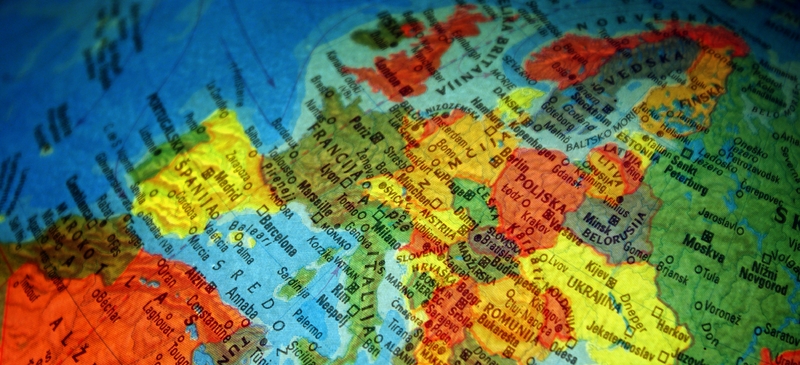
The real crisis for Europe
So, is Turkey to start membership talks with the European Union? The reception could hardly be more hostile. As the public sees it, the EU is big enough already. Political leaders from France's Nicolas Sarkozy to Germany's Angela Merkel are opposed. Austria wants to offer a "privileged partnership," not full membership.
Thus the chances of Turkey's (let alone Ukraine's or Serbia's) ending up in the Union would seem to be slim. But are they? Now is now, and tomorrow is tomorrow, and much could change between. Consider the degree to which the anti- Turkish mood is rooted in the EU's broader malaise, consisting of three strands. The first is political leadership—"sorely lacking in Europe today," says Giuliano Amato, the former Italian prime minister and vice chairman of Europe's constitutional convention. The president of the European Commission, Jose Manuel Barroso, is intelligent and able, and supports further enlargement. Yet he cannot steer the EU without strong support from Berlin and Paris. And here, the current crop of national leaders is among the least impressive in the Union's history, leaving Europe listless and without direction.
A second strand is slow growth in the core eurozone economies of France, Germany and Italy. If the French referendum in May had taken place while the economy was growing at 2.5 percent, Amato suggests, the EU constitution would have passed. It did not because people living in economic insecurity are understandably afraid to embrace change.
The third strand: senior politicians in France and Germany fear that last year's round of enlargement weakened the EU's institutional solidarity. They want no more "widening" without further "deepening," meaning movement toward a political union. The new constitution was supposed to deliver that, but the French and the Dutch referendums killed it off. With little chance of deepening, many Europeans oppose further widening.
Now what? To re-energize the European dream—and to open Europe's doors to the likes of Turkey—the EU must shake off its contemporary malaise. That begins with economic growth. The so-called Lisbon Agenda, adopted in 2000, is a recipe for Europe-wide structural reform. Alas, the French, German and Italian governments have done too little, too late, to liberalize labor markets, modernize pension and health systems, and nurture entrepreneurship. Yes, doing so would boost unemployment—in the short run. But delay only exacerbates the problem. And as long as millions of Europeans are unemployed, or fear for their jobs, they will naturally be reluctant to welcome new EU members and their workers.
Europe needs genuine leadership on other fronts, as well. Leaders should spend less time talking about constitutions and institutions, and focus instead on real problems that people worry about—retraining those who lose their jobs, say, or ensuring that professional qualifications are recognized across borders. Virtually no EU government has made a serious effort to explain to voters why enlargement is good for them. Politicians could argue that extending the single market across a whole continent enhances everyone's prosperity. Or they could point out that spreading democracy and stability into the Balkans would weaken criminal networks that traffic drugs, women and arms throughout the Continent.
Lastly, the EU should embrace "variable geometry"—the idea that not every member state need participate in every EU initiative. This could make enlargement less threatening. Already, some EU countries opt out of the euro, the Schengen area of passport-free travel and common defense policy. Under variable geometry, clusters of member states could tackle problems of mutual interest, such as counterterrorism or tax and budgetary policy. By doing so, they would give their publics a sense of forward motion, a confidence that Europe still matters.
Variable geometry has many critics. Some worry that members will opt out of policies they dislike, causing the EU to unravel. British Conservatives, for instance, talk of using variable geometry to pull Britain out of the common farm, fisheries and foreign policies. The EU therefore needs to define programs that every member must take part in. These should include trade; free movement of goods, services, capital and people; fisheries; regional policy; overseas aid; some common rules on agriculture; cooperation on borders and policing, and common foreign policy. That leaves other spheres —the euro, border controls, criminal justice and defense—far more open.
Turkey's accession will be negotiated over a decade. By 2015, the EU may look very different. Hopefully, the current malaise will have long since passed. And if not, the Turks will surely not want to join.
